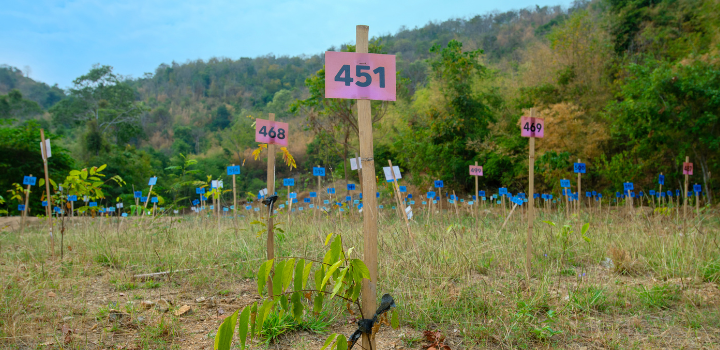‘Wrong’ data increases confusion over reducing ethnic civil war risk
By: Communications

The use of territorial self-governance seems to decrease the risk of ethnic civil war in some cases and to increase it in others. This has led to claims that arrangements designated to manage such conflicts – like federalism, autonomy, and decentralisation – constitute a ‘paradox’.
A new study, from from the Universities of East Anglia (UEA) and Birmingham, and Heinrich-Heine-Universität, reveals that claims about the paradoxical nature of territorial self-governance are exaggerated. Contradictory findings about the relationship between territorial self-governance and ethnic civil war risk are primarily a function of which aspects of self-rule and shared rule are part of the underlying measurement of self-governance.
Publishing their findings in World Development, the researchers reveal that the choice of indicator influences the statistical results that are obtained – and that this choice may be, at least in some part, responsible for conflicting conclusions. Overall, they make the deceptively simple yet empirically fundamental point that it matters which data are being used and why.
A systematic overview of the underlying definitions and the geographic and temporal scope of quantitative indicators from 10 widely used datasets on territorial self-governance highlighted the manner in which they do (or do not) capture aspects of self-rule, shared rule, and the legal codifications of self-governance arrangements.
Co-author Dr Ulrike Theuerkauf, from UEA, said: “War is often described as ‘development in reverse’, due to its overwhelmingly negative impact on countries’ economic, social and political trajectories.
“Peacebuilding approaches that are based on power-sharing principles – including in the form of territorial self-governance – rightly remain of interest to academics and policymakers.
“In the ongoing quantification of civil war studies, ‘hard data’ based on statistical results have become increasingly influential but, as our study shows, we need to keep questioning how choices related to research design affect knowledge production.”
The research team considered empirical examples from Yeman and Ukraine, which demonstrated that ambiguity around terms like ‘federalism’ and ‘decentralisation’ added complexity to peace negotiations and policy discussions.
Federalism has been proposed as a solution for peace in Yemen’s civil war – some see it as necessary for sustainable peace, whilst others view it as a cause of the current conflict. The researchers advise that it must be considered alongside other factors, such as state strength and political fragmentation.
Territorial self-governance was a key topic in the Minsk negotiations after the illegal annexation of Crimea by Russia in 2014. While the Minsk Accords were never fully implemented, debate over whether the conflict was intra-state or inter-state and how decentralisation should be defined and operationalised in Ukraine added confusion and complexity at a time of great political instability and uncertainty.
The study sheds some light on why the academic and policy debates on how to achieve peace remain inconclusive and what can be done to overcome the notion of the paradox of territorial self-governance.
The research was funded by the Economic and Social Research Council (ESRC) of the UK and the United States Insitute of Peace.
Related Articles

Social justice should not be tokenistic but at the heart of global restoration efforts
Social justice must be at the heart of global restoration initiatives - and not “superficial” or “tokenistic” - if ecosystem degradation is to be addressed effectively, according to new research by the University of East Anglia (UEA).
Read more
2025 – a year in research
The past twelve months have seen UEA researchers break new ground on everything from Magna Carta to the mating habits of jaguars in the Amazon. Join us as we take a look back at just some of 2025’s incredible stories, discoveries and expert insights.
Read more
UEA’s grant and funding success – October 2025
Discover the latest research and funding grant successes happening within the University of East Anglia.
Read more